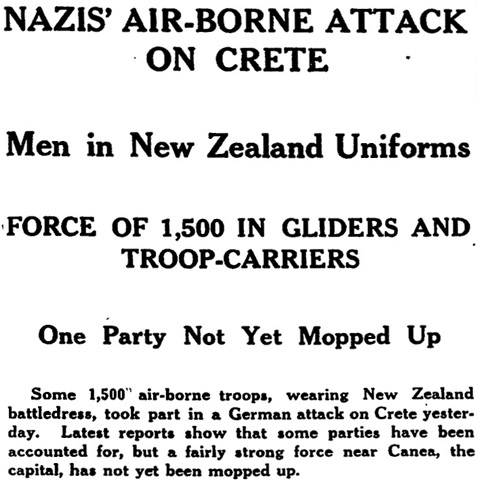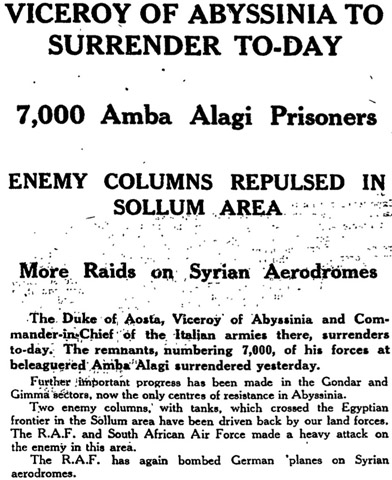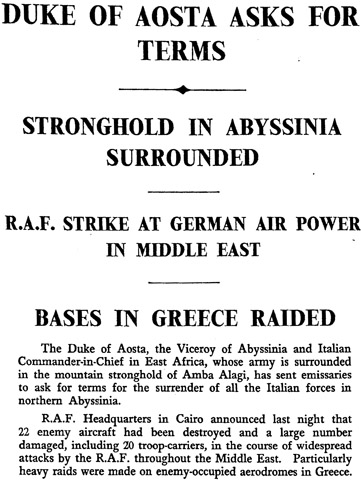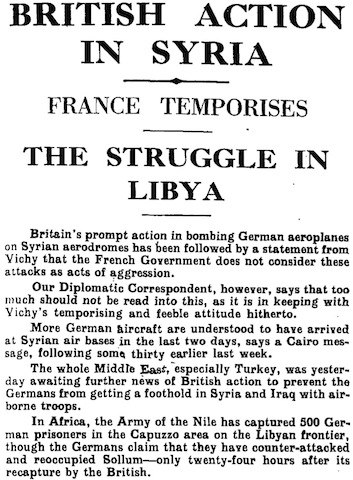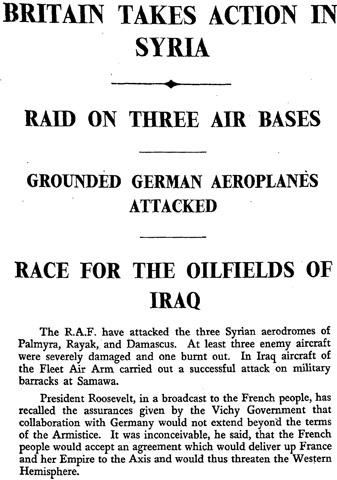Looking backward, 1944-1941
In May 1941, after nine months of German bombing and the evacuation of yet another British army from Europe, the Daily Mirror printed a fascinating little piece of futurism, in the form of a letter written as though it was May 1944, with Britain victorious and Germany prostrate. The headline itself gives some idea of […]



